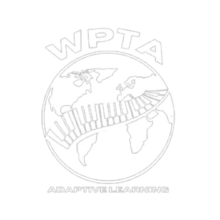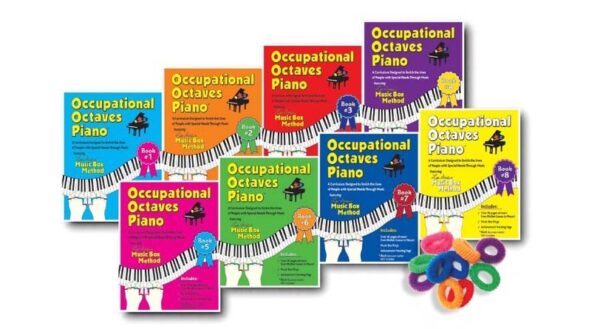Adaptive Classical Piano Sheet Music
Mission Statement
In the world of classical music, especially at the higher levels, there are millions of generally agreed upon sets of notes, fingers, and beats that have been passed from generation to generation. The WPTA Adaptive Learning branch’s mission is to assure the continuance of this tradition for people who struggle to read and succeed with traditional music notes.
Meet Lee & the WPTA Adaptive Piano Team!

Sabrina Lu, Vice-President / Artistic Director

JD Verbeck, Curriculum Coordinator

Neha Baja, Parent Liason
First Year Goals

WPTA Adaptive Piano Concert @ Carnegie Hall (November 21, 2023)

WPTA Adaptive Classical Piano Festival (January, 2024)

WPTA Adaptive Classical Piano Festival (January, 2024)
- Adaptive Piano Concert @ Carnegie – On this night, five students who struggle with mainstream learning will use the adaptive method created by Adaptive Learning President Lee D. Stockner to perform classical works of Bach, Beethoven, Mozart, Chopin, and Liszt!
- Adaptive Piano Classical Festival – A first of it’s kind classical piano competition where students who struggle to read and succeed with traditional music notes will still get to challenge themselves to the historical standards of previous competitions
- Adaptive Piano Masterclasses – Beginning in 2024, join us for masterclasses on topics in and around the world of adapting music for many reasons for many people.
Lee’s Adaptive Curriculum
The method qualifies as a new language of music because it can be used to identify each note, finger, and beat a student must use and it can be used for translation of significant classical pieces, including but not limited to:
Occupational Octaves Piano™ is a first of its kind 8-book classical curriculum written in an adaptive language of music:
Beethoven’s Fur Elise
Bach’s Well Tempered Clavier
Chopin’s Nocturne
Mozart’s Symphony #40
Pachelbel’s Canon in D
Liszt’s Liebstraum Nocturne
Grieg’s Hall of the Mountain King
Clementi’s Sonatina in C Major Op. 36, No. 1
Learn about and purchase this curriculum at OccupationalOctaves.com
Documentary: Occupational Octaves™
By creating an adaptive language of music, a new world of possibility has been opened up for students who struggle to read and succeed with traditional music notes. Sometimes, people struggle because they don’t have time to practice. Others may struggle because of a diagnosis such as Autism or other special needs. See how Occupational Octaves™ is used to make piano playing dreams come true!
Lee D. Stockner
President of Adaptive Learning | World Piano Teachers Association
https://www.wpta.info/adaptivelearning






